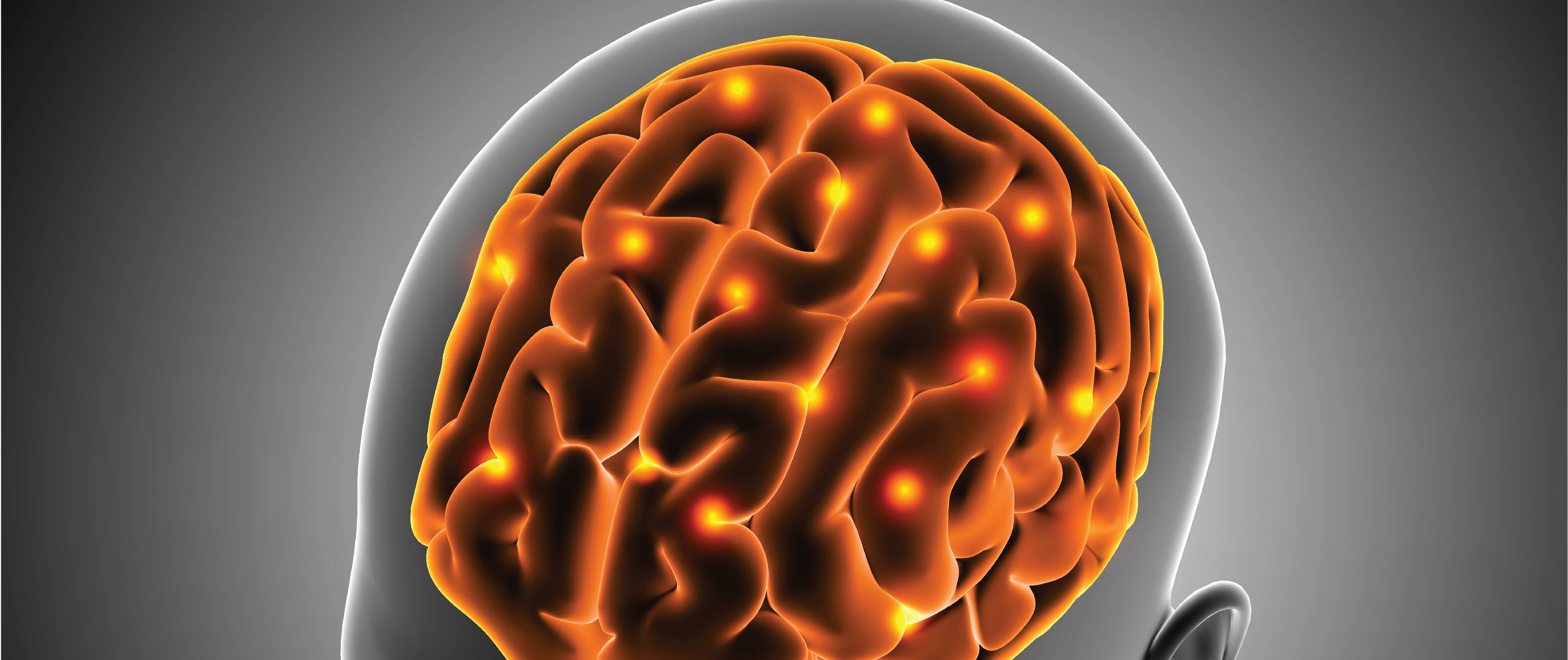
Book an Appointment
Call Us09958011121Exploring the Best Treatments for Brain Stroke
A brain stroke, also known as a cerebrovascular accident (CVA), is a medical emergency that occurs when there is a disruption of blood flow to the brain, leading to damage to brain cells. Strokes can have devastating consequences, affecting a person's ability to move, speak, and even think. However, early intervention and effective treatments can make a significant difference in a patient's recovery. In this blog, we have explored some of the best treatments for brain stroke with the help of a leading brain stroke treatment doctor in Delhi.
Prior to discussing treatments, it is important to clarify what a brain stroke is:
1. Ischemic Stroke: Making up around 87% of all stroke cases, this is the most prevalent form. It happens when the blood supply to the brain is obstructed by a blood clot or plaque accumulation in the arteries. Because of this, brain cells lose their supply of oxygen and nutrients, which damages and eventually kills the cells.
2. Hemorrhagic Stroke: This happens when a brain artery that is weak breaks and blood seeps into the surrounding brain tissue. The pressure created by the extra blood damages brain tissue and may result in more serious issues.
Importance of early intervention:
Early intervention is paramount in the treatment of brain strokes, as the swiftness of medical attention significantly impacts the chances of recovery. Recognizing the symptoms is the initial crucial step, with common signs including sudden numbness or weakness in the face, arm, or leg (often on one side of the body), confusion, difficulty speaking or understanding speech, severe headaches, dizziness, and impaired mobility.
To aid in quick recognition, the F.A.S.T. protocol is a valuable tool, involving checking for drooping on one side of the Face when smiling, observing Arm drift when both arms are raised, listening for slurred or unusual Speech, and calling for Timely help.
Exploring the best treatments for brain stroke
Once a stroke patient has been identified and is getting medical attention, several therapies may be used to reduce harm, avoid complications, and promote healing. The kind and severity of the stroke, ischemic or hemorrhagic often influence the therapeutic option.
1. Treatments for Ischemic Strokes:
- Drugs that Break Clots: A drug called intravenous tissue plasminogen activator (tPA) can be given to a patient shortly after an ischemic stroke. It functions by breaking up the clot obstructing the blood artery, allowing the brain to receive blood flow again.
- Mechanical Thrombectomy: A technique known as mechanical thrombectomy may be used in specific circumstances. This entails manually removing the clot from the damaged blood artery using a catheter.
2. Therapies for Hemorrhagic Strokes:
- Surgery: In case of an aneurysm rupture, procedures like aneurysm clipping and coil embolization may be preferred. Surgical intervention may also be needed to drain fluids that build up in the skull, as well as to bring down swelling.
- Medication: Medication can be used to lower blood pressure and minimize bleeding.
3. Rehabilitation: Following immediate stroke treatment, rehabilitation is essential to recovery. This might involve occupational treatment to help with everyday tasks, and speech therapy to address communication difficulties.
4. Secondary Prevention: It's critical to stop strokes from happening again. This includes controlling risk factors including high blood pressure, diabetes, and high cholesterol by altering one's lifestyle.
Brain strokes are a significant health concern that demands immediate attention. Early recognition of stroke symptoms, followed by prompt medical intervention, is crucial to improving a patient's chances of recovery. Once in the hospital, the choice of treatment for brain stroke depends on the type and severity. Advances in stroke treatment continue to offer hope for those affected by this devastating condition.
 By -Dr Aaksha Shukla |
November 03, 2023 | 9 Min Read
By -Dr Aaksha Shukla |
November 03, 2023 | 9 Min Read
Parkinson’s Disease Treatment Hospital in India
Brain Stroke Treatment Hospital – Emergency Care
Stroke Paralysis Treatment Hospital – Advanced Neuro Care
Paralysis Treatment Hospital in India – Cost & Recovery
Brain Infection Symptoms, Causes, and When to Seek Emergency Care
Is Spine Surgery Right for You? Here’s How to Know
Brain Health at Every Age: Preventive Neurology Tips
International Patient Guide: Visiting India for Neuro & Spine Treatments
Robot-Assisted & Navigation-Guided Surgery: Safer Brain & Spine Procedures
Sports Injury Recovery: How Arthroscopy Helps You Heal Faster?
How Deep Brain Stimulation (DBS) Helps in Parkinson’s & Tremor Control
Early Warning Signs of a Brain Tumour & When to See a Neurosurgeon
Signs of a Stroke: When to Seek Emergency Neuro Care
Best Neurosurgery Hospitals in Delhi NCR: A Detailed Guide
Minimally Invasive Spine Surgery: Benefits, Cost & Recovery
Best Tips for Sports Injury Recovery
Guide to Stroke Prevention and Recovery
How to Manage Parkinson’s Symptoms Effectively

